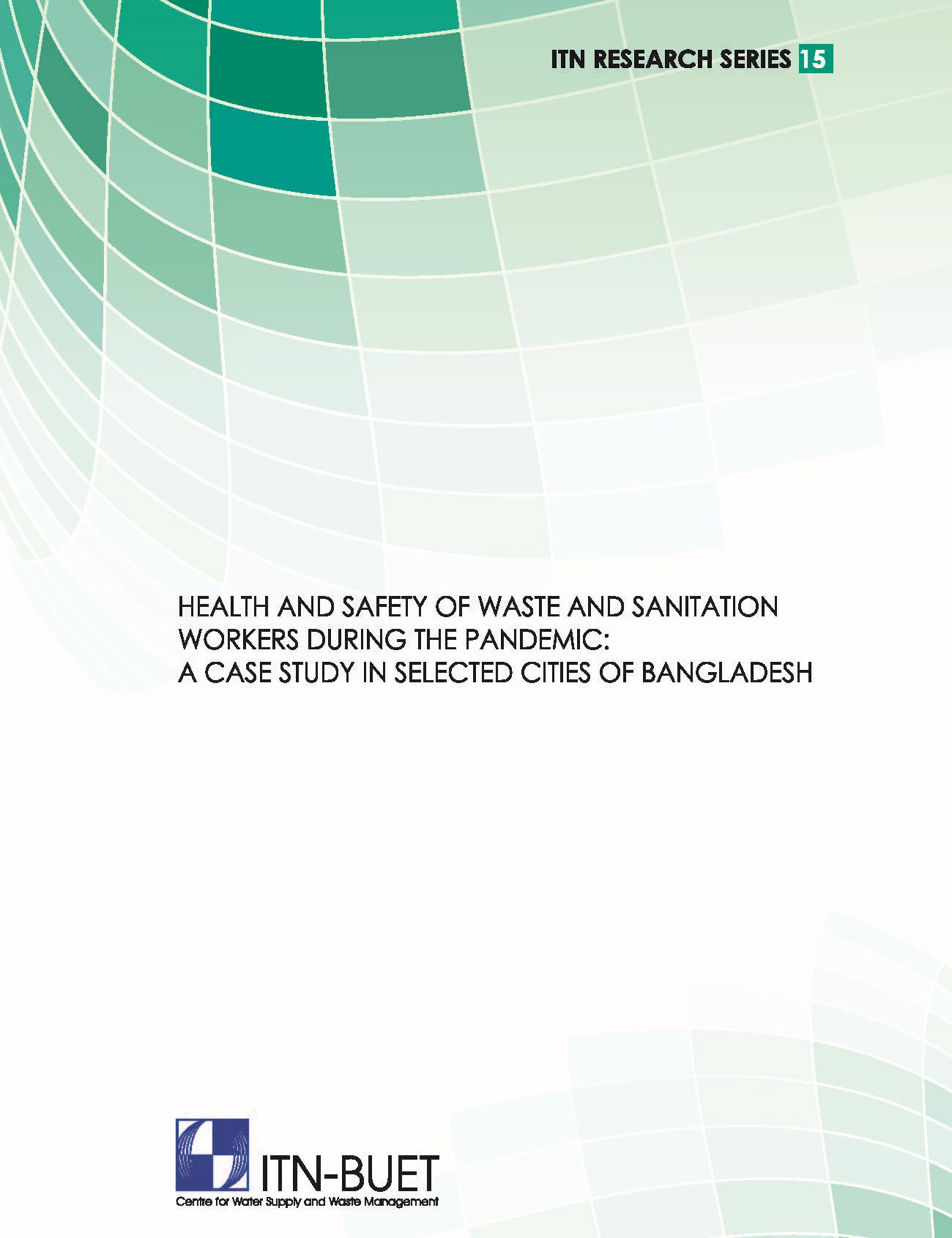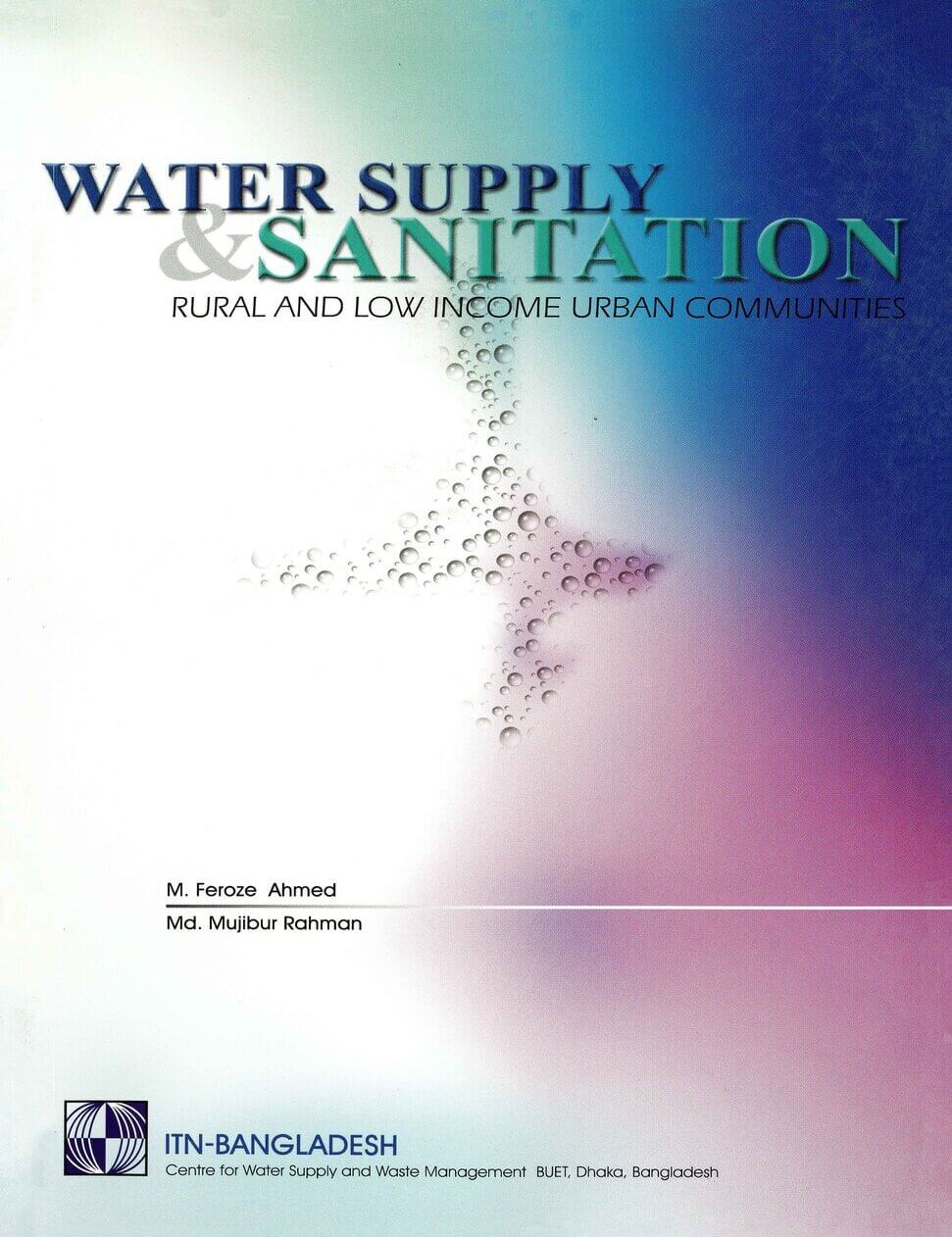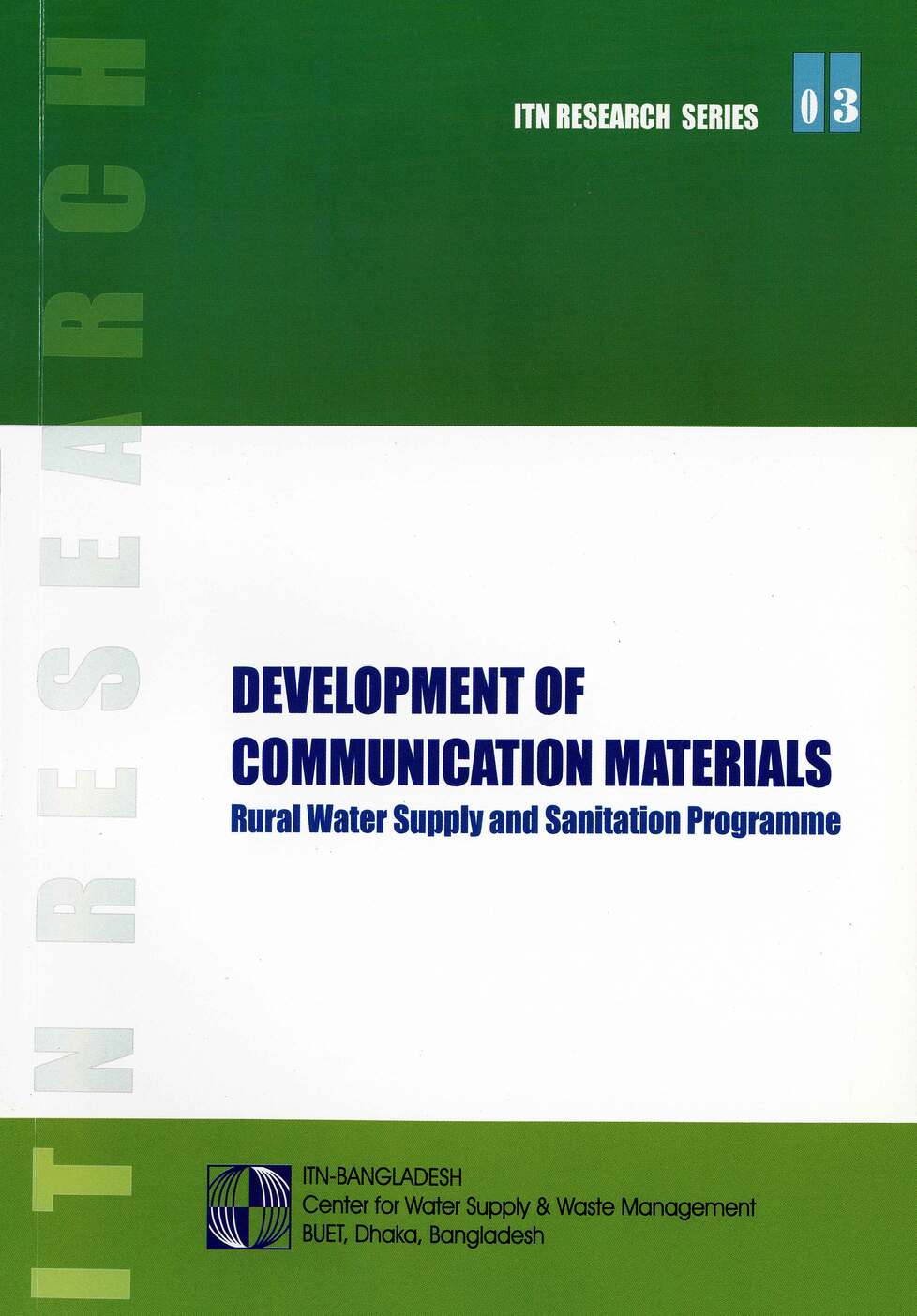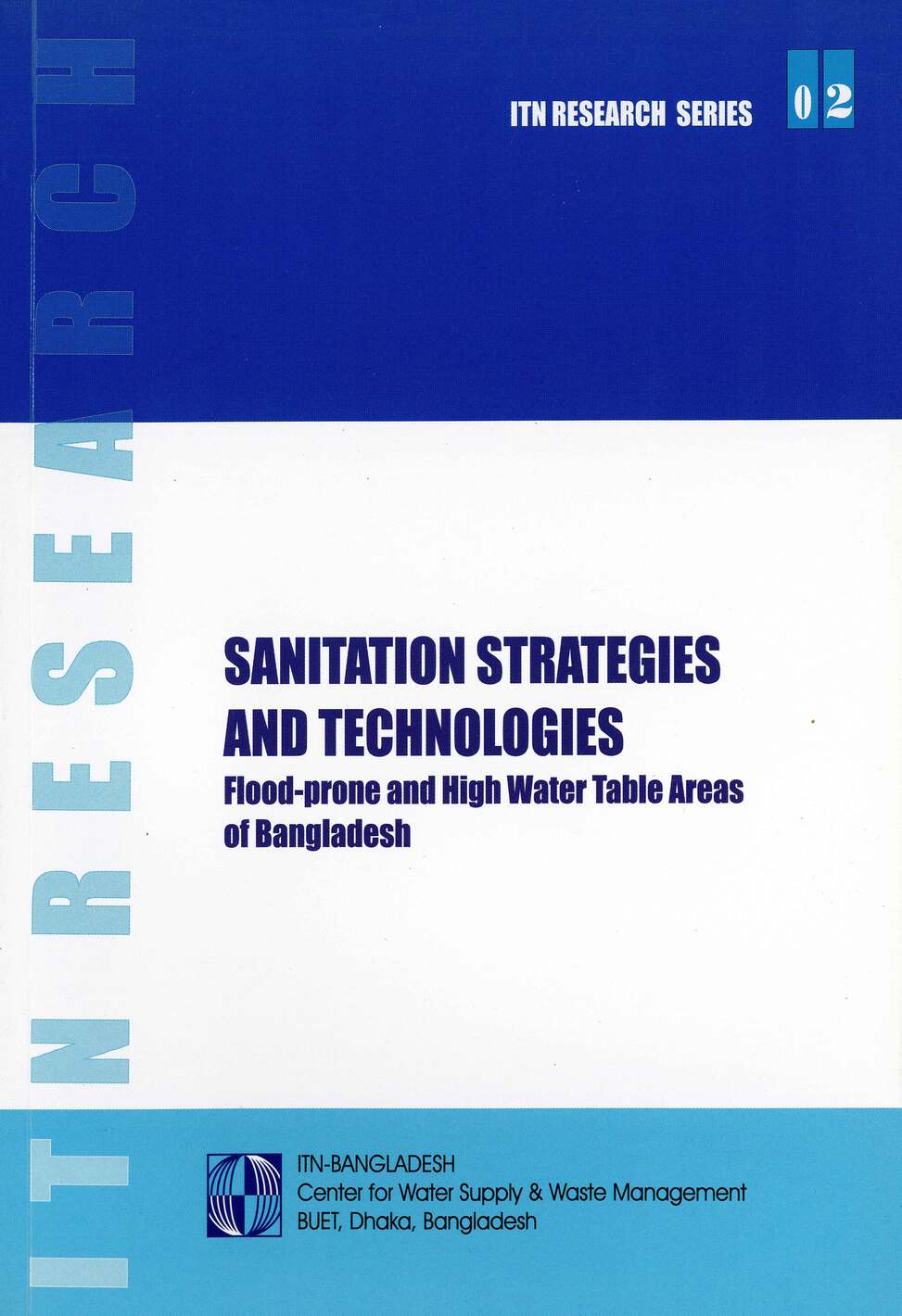The waste and sanitation workers play a vital role in keeping our cities clean, yet they remain unappreciated and most often socially marginalized. With the various risks and occupational hazards they face in their day-to-day lives, the provision of adequate personal protective equipment as well as giving the necessary education to use those properly have been given less attention. The COVID-19 pandemic has exposed this issue vividly, as we see them performing their duties without adequate knowledge of the extreme risk they are being exposed to and hence, they have become frontline workers in this pandemic. In order to pinpoint effective intervention strategies, it is necessary to assess the health, hygiene and working conditions of the workers during service delivery. The aim of this study was to evaluate these issues through a cross-sectional study in selected cities and municipalities in Bangladesh.
Publication: Research Series

Health and Safety of Waste and Sanitation Workers during the Pandemic: A Case Study in Selected Cities of Bangladesh
Researcher(s): Mahbub Ul Alam
First Edition: January, 2021
Category: Research Series
Tags: COVID-19, Health and Safety, Sanitation




